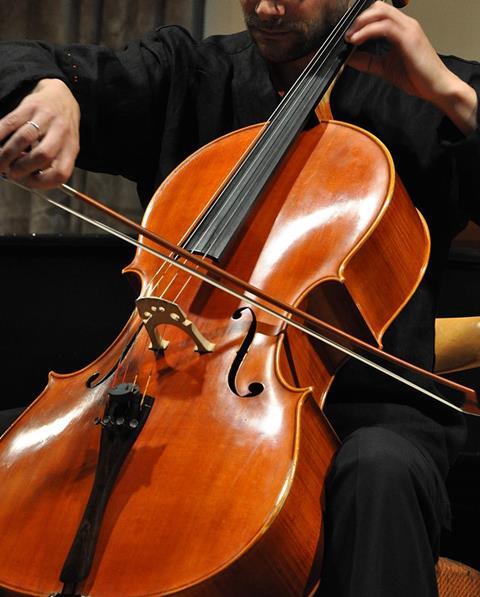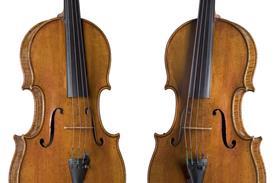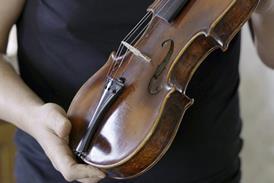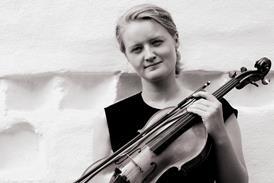Brian Hodges and Diana Allan answer student questions on coping with stage fright

Explore more Technique like this in The Strad Playing Hub
The dilemma I'm great in practice but don't perform so well on the day. How do I change this?
Whether we’d like to admit it or not, at some point, we’ve all probably uttered, 'I don’t understand, I played it so much better in the practice room!' I certainly said that once or twice as a student, and have heard it more times than I can count from my students.
This is about preparation, but maybe not the way you think! How are you practising? If you’ve worked and worked on a passage and it falls apart in a lesson or performance, then the method you’ve been using isn’t holding up. Perhaps it needs more time and consistency, but more often than not, it has to do with how you’re preparing.
Do you think about performing when you’re in the practice room? We’re really good at analysing, critiquing, and stopping every time we make a mistake. This is practice behavior—valuable, practice behavior, but take this behavior into your lesson or onto the stage and it may not hold up. It is important to learn how to shift your thinking to performance thinking—trust in preparation, focus in the moment, reliance on instinct, and acceptance of where you are with this piece today! This is performance thinking. In every practice session, you need to practise turning off the analytical/constructive inner voice and visualise yourself performing. It’s important to actually practise performing. This can happen early in the process; you don’t have to wait until everything’s completely learned.
The next step would be to perform it for as many people and in as many different scenarios as you can before the actual performance. Perform it in safe environments first, where you can more easily trust yourself and your preparation.
Tip: In the privacy of your practice room, practise walking to your chair/stand, bow, and play through your piece. Resist the urge to stop and fix something if there’s a mistake, as well as resist the urge to critique while you’re doing the run-through. When you’re finished, imagine the applause from the audience, and bow. This kind of visualisation can enhance trust in your practice and help you start performing as well or better than you practise.
Do you have a burning question about stage fright? Email us at thestrad@thestrad.com and we’ll put your question to experts Brian Hodges and Diana Allan.
Read: Release the Fear Monster: how to conquer anxiety and perform at your best
Read: Conquering performance nerves: how do I control my fear of failure?
Read: Conquering performance nerves: how do I banish sweaty hands and nausea?
Discover more Technique like this in The Strad Playing Hub
Brian Hodges is an active soloist, chamber musician and teacher. He is associate professor of cello and coordinator of chamber music at Boise State University in Boise, Idaho. He is the principal cellist of the Boise Baroque Orchestra and performs regularly with Classical Revolution: Boise, which has been featured at the Idaho Shakespeare Festival and live on the radio at Radio Boise. He can be reached at www.brianhodgescello.com.
Dr Diana Allan is associate professor of voice at The University of Texas at San Antonio as well as a certified peak performance coach. She works one-on-one with musicians to help them assess both their strengths and challenges and teaches them how to cultivate the mental skills that will enable them to break through the barriers that prevent them from achieving optimal performance. Her website, Peak Performance for Musicians has a readership from 170 countries.


































No comments yet